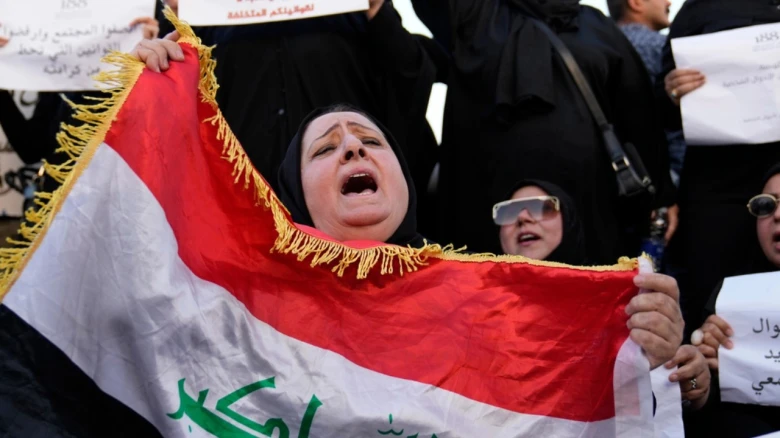The debate over this proposed legislation underscores the ongoing struggle for women's rights and gender equality in Iraq...
Digital Desk: A proposed bill in Iraq's parliament has ignited widespread outrage and concern due to its provision to lower the legal age of marriage for girls to just 9 years old. Introduced by the Iraq Justice Ministry, the bill aims to amend the Personal Status Law, which currently mandates that individuals must be 18 or older to marry.
This controversial move has drawn significant backlash from human rights organizations, women's groups, and civil society activists who fear it could undo decades of progress toward gender equality and women's rights.
The proposed legislation would allow Iraqi citizens to choose between religious authorities or civil judiciary bodies to decide on family matters. Critics argue that this change could lead to severe reductions in rights related to inheritance, divorce, and child custody.
By permitting marriage for girls as young as 9 and boys as young as 15, the bill raises serious concerns about increased child marriage and exploitation. This regressive shift threatens to exacerbate issues related to early pregnancies, educational dropouts, and domestic violence, which are already prevalent in the country.
The United Nations Children’s agency, UNICEF, reports that 28 percent of girls in Iraq are married before the age of 18. Human Rights Watch (HRW) researcher Sarah Sanbar condemns the bill, stating that its passage would mark a significant step backward for the country. Sanbar emphasizes that the bill would undermine the progress made in women's rights and gender equality, effectively stealing the futures of many young girls.
Amal Kabashi of the Iraq Women’s Network also strongly opposes the amendment, asserting that it would grant excessive power to men over family issues in an already conservative society. She argues that the bill would institutionalize male dominance and further restrict women's rights.
The bill first surfaced in late July but was withdrawn after significant opposition from lawmakers. However, it resurfaced on August 4 after receiving backing from influential Shia blocs that dominate the Iraqi parliament. This proposed legislation represents a dramatic shift from the 1959 law, which transferred family law authority from religious figures to the state judiciary, following the fall of the Iraqi monarchy. The new bill would reintroduce religious rules, primarily from Shia and Sunni Islam, while excluding other religious and sectarian communities within Iraq's diverse population.
Proponents of the bill argue that it seeks to standardize Islamic law and protect young girls from "immoral relationships." However, opponents dismiss this rationale, highlighting that it overlooks the harsh realities faced by child brides. By empowering religious authorities over marriage decisions, the amendment threatens to violate the principle of equality under Iraqi law and perpetuate the practice of early marriage.
The future of the bill remains uncertain, with its success in the face of previous failed attempts still unclear. The debate over this proposed legislation underscores the ongoing struggle for women's rights and gender equality in Iraq.

Leave A Comment